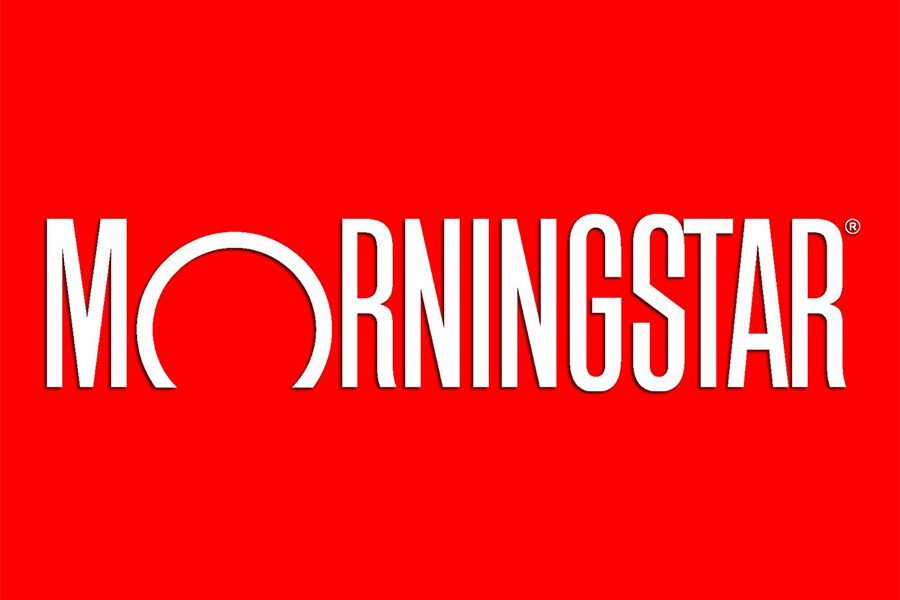Morningstar Inc. is putting its name on a PEP, one that it says will be the first ESG-specific product for that plan type, the company announced today.
The massive ratings, research and financial services firm is partnering on the pooled employer plan with a record keeper, Plan Administrators, Inc., which will serve as the pooled plan provider.
The companies are planning to launch the PEP early next year, pending a final rule on ESG from the Department of Labor. The DOL’s issuance yesterday of its proposed rule for ESG investments within retirement plans prompted them to announce the forthcoming PEP, according to Morningstar.
The proposed rule would make environmental, social and governance factors material considerations for plan sponsors, including for default investment options like target-date funds. The department is addressing a chilling effect on ESG within 401(k)s that resulted from rules that were finalized last year under the former Trump administration.
“We saw ESG coming. We’re seeing the demand for it on the retail side. We knew it was a matter of time before it would become more common in the DC space,” said Brock Johnson, president of global retirement and workplace solutions at Morningstar Investment Management.
Morningstar did not comment on what the investment menu for its PEP will look like, such as, products from specific managers and whether it will include mutual funds, collective investment trusts or a combination of the two. The investments will not necessarily need to be labeled as ESG products, but they will require high sustainability ratings from Morningstar in order to be included.
“We basically are using the same approach that we’ve used to create over 20,000 plans that we work with in our fiduciary service,” Johnson said. The one difference is that the PEP investments include a sustainability screen, he noted.
The PEP will be offered within Plan Administrators Inc.’s CoPilot record-keeping system, which providers “timely alerts and nudges” to help engage participants, according to that firm.
Initially, the PEP could attract small businesses that don’t already offer retirement plans to their workers, due to the cost savings of not having to establish a plan, as well as a reduction in fiduciary liability, Johnson said.
“Once it’s available, we think it’s going to attract a new type of investor. [For] folks who have been on the sidelines in the past … we think this is going to be attractive,” he said.
But over time, “I think it is going to move up to mid and large plans as well,” he said.
A development that has given a major boost to some PEPs providers are state automatic IRAs. In California, Illinois and Oregon, for example, most employers will be required to provide a retirement plan for their workers — and those that do not want to go with the state-sponsored IRA may consider other options, including PEPs.
For reprint and licensing requests for this article, click here








